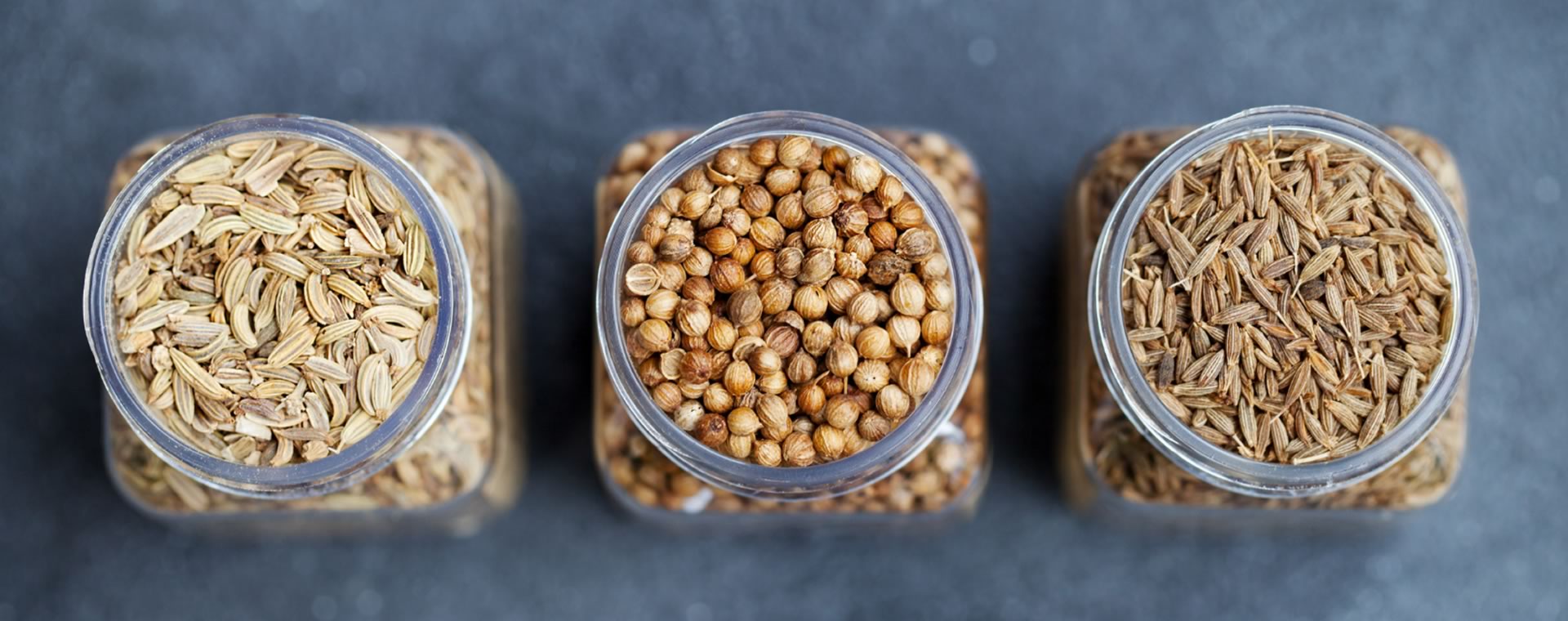What Is Osteoporosis?
Osteoporosis is a health condition that weakens bone density, causing brittleness and increasing the risk of fractures. Because it develops slowly over time, people often don’t realise they have it until a fall or sudden impact causes a break. The most common injuries tend to occur in the wrist, hip, and spine, but other bones can also be affected. In many cases, pain is only experienced after a fracture has occurred.
“Osteoporosis affects over 3 million people in the UK. More than 500,000 people receive hospital treatment for fragility fractures (bones that break after falling from standing height or less) every year as a result of osteoporosis.”
— NHS
Who Is at Risk?
Osteoporosis can affect anyone—men, women, and even children—but certain groups are more vulnerable. Women are particularly at risk after menopause, when bone density naturally decreases more rapidly. Early menopause, low oestrogen levels, or a family history of osteoporosis further increase this risk.
Causes of Osteoporosis
While bone density naturally declines with age, osteoporosis accelerates this process. Several contributing factors include:
Long-term use of high-dose steroid tablets (3 months or more)
Family history of osteoporosis
Eating disorders such as anorexia or bulimia
Excessive alcohol consumption and smoking
Lack of regular weight-bearing exercise
Low Body Mass Index (BMI)
Medications affecting bone strength or hormone levels
Chronic medical conditions (e.g. inflammatory or autoimmune diseases)
Diagnosing Osteoporosis
If osteoporosis is suspected, your GP may refer you for a bone density scan (DEXA scan). This painless and quick procedure measures your bone strength and compares it to that of a healthy young adult.
Conventional Treatment Options
Osteoporosis is often managed with a combination of:
Medications to increase bone density and reduce fracture risk
Calcium and vitamin D supplementation (or diet adjustments)
Regular exercise, especially weight-bearing and moderate to high-intensity aerobic activity (at least 2 hours per week)
Osteopathy: Supporting Bone Health Naturally
Getting support from a qualified osteopath can be extremely beneficial—especially in managing symptoms, reducing pain, and preventing further injury.
At Alleviate Holistics, with clinics in Colchester and Wickford, Essex, our osteopaths offer holistic assessments and personalised care plans. Treatments may include:
Gentle manual techniques to enhance joint mobility
Postural advice to prevent falls and injury
Guidance on movement and strengthening exercises tailored to each client
Osteopathy is especially helpful in supporting musculoskeletal health for those living with osteoporosis or at risk of developing it.
Ayurveda: Ancient Wisdom for Bone Strength
In addition to osteopathy, Ayurveda—the traditional Indian system of medicine—offers powerful tools for maintaining bone health.
At Alleviate Holistics, we integrate Ayurvedic guidance into our approach, including:
Personalised dietary advice to enhance mineral absorption
Herbal remedies traditionally used to strengthen bones (such as ashwagandha or arjuna)
Lifestyle practices that support hormone balance and reduce inflammation
This complementary approach allows us to support your bone health holistically, while honouring your constitution, age, and lifestyle.
A Holistic Approach for the Essex Community
Whether you’re already living with osteoporosis, at risk of developing it, or simply curious about prevention, our team at Alleviate Holistics in Colchester and Wickford is here to help.
We offer:
Osteopathic treatments for mobility, posture, and injury prevention
Ayurvedic consultations to address underlying imbalances and nutritional deficiencies
A caring, personalised path to resilience and wellbeing
Final Thoughts
Osteoporosis doesn’t have to define your life. With early intervention, supportive care, and a proactive lifestyle, you can protect your bones and live with confidence.
If you’d like to explore a natural, preventative approach to bone health, get in touch with us today to book a consultation.


